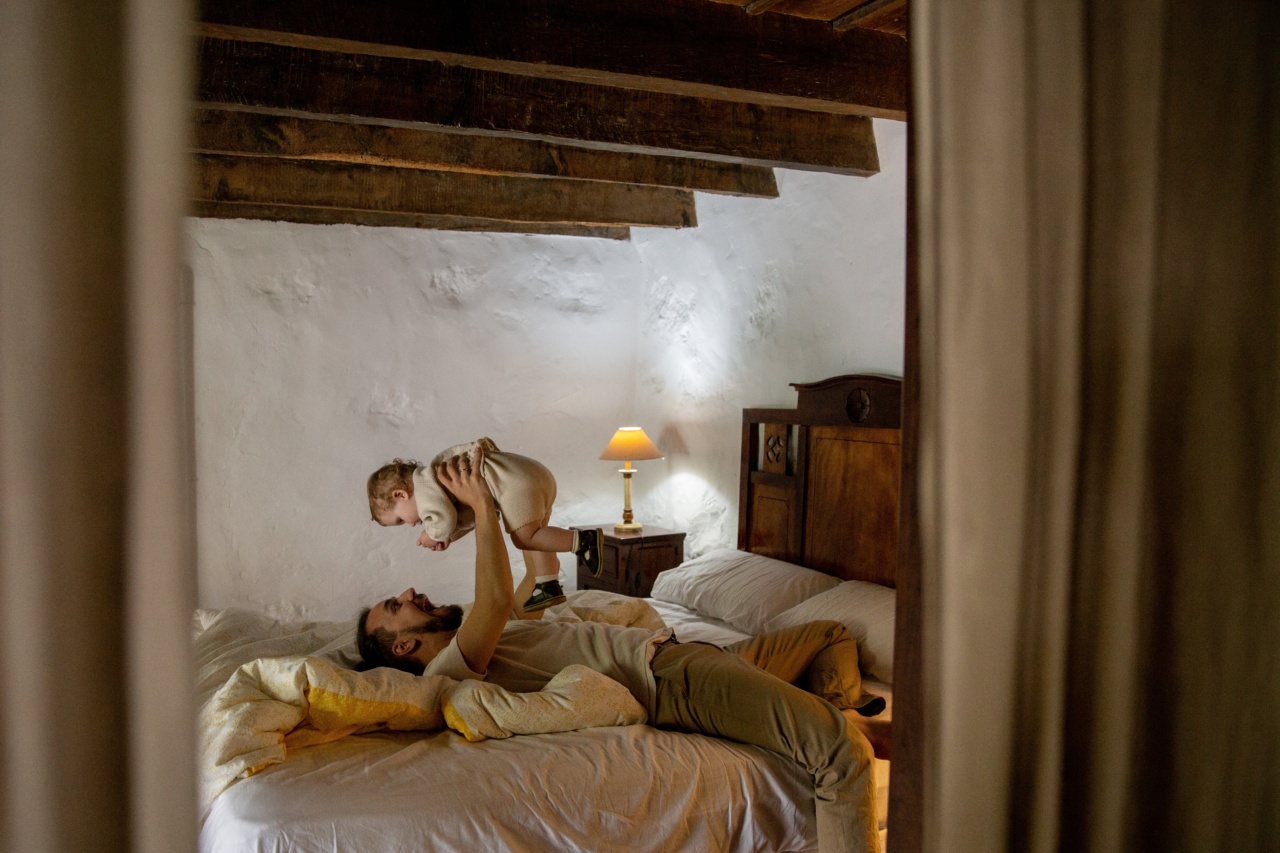Sleep is crucial in the overall development and health of children.
It is during sleep that the body repairs itself and the brain processes all the information learned during the day, so it is crucial for parents to establish healthy sleep habits for their children. One of the essential components of a healthy sleep routine is setting a consistent bedtime. However, the recommended bedtime for children varies by age. Here are some guidelines to help you establish an appropriate bedtime for your child:.
Newborns (0-3 months)
Newborn babies typically sleep for 14 to 17 hours a day, but it is in short bursts that may last from a few minutes to several hours.
It can be challenging for parents to establish a sleep pattern for their newborns, but it is essential to prioritize sleep at this age. Experts recommend that newborns should sleep as much as possible and that they should be put to sleep as soon as they start showing signs of sleepiness.
Parents can also create a sleep-conducive environment for their newborns by keeping the room dimly lit, maintaining a comfortable temperature, and minimizing noise and interruptions.
Infants (4-11 months)
As babies grow older, they tend to sleep for longer stretches and have more consistent sleep patterns. Infants between four and 11 months of age usually need 12 to 15 hours of sleep, including naps.
At this age, parents can start setting regular bedtime routines, such as calming activities like reading a book or singing a lullaby. It is also essential to set a consistent bedtime to help the baby’s body adjust to a regular sleep pattern, which can lead to more restful sleep.
Toddlers (1-2 years)
Toddlers require around 11-14 hours of sleep per day, including naps. At this age, children usually drop their morning nap and have one long nap in the afternoon.
Parents can help their toddlers establish a good sleep routine by setting a consistent bedtime, having a relaxing bedtime routine, and making sure the child gets enough physical activity during the day. It is also essential to avoid stimulating activities before bedtime, such as watching television or playing video games, as it can make it difficult for the child to fall asleep.
Preschoolers (3-5 years)
Preschoolers need around 10-13 hours of sleep each day, including naps. At this age, children typically do not need to nap during the day. It is crucial to set a consistent bedtime and wake-up time to help the child’s body adjust to the routine.
Parents can also engage their children in calming bedtime activities, such as reading a book or taking a warm bath, to help them relax and prepare for sleep.
School-age Children (6-13 years)
School-age children require 9-11 hours of sleep each day. At this age, parents can set a bedtime routine that includes calming activities like reading a book or taking a warm bath.
It is also essential to avoid stimulating activities before bedtime, such as playing video games or watching television. Parents can also involve their children in creating a sleep-conducive environment, such as maintaining a comfortable temperature and minimizing noise and light in the bedroom.
Teenagers (14-17 years)
Teenagers need 8-10 hours of sleep each day. However, many teenagers struggle to get enough sleep due to schoolwork, extracurricular activities, and social demands.
It is essential to set a consistent bedtime routine and minimize stimulating activities before bed, such as using electronic devices. Parents can also involve their teenagers in creating a sleep-friendly environment, such as investing in a comfortable mattress and pillow, maintaining a relaxing bedroom ambiance, and minimizing noise and light disturbances.
The Bottom Line
Establishing a consistent sleep routine is crucial in the overall health and development of children.
The recommended bedtime for children varies by age, and parents should consider their child’s individual sleep needs when setting a bedtime routine. By prioritizing sleep, maintaining a relaxing bedtime routine, and creating a sleep-friendly environment, parents can help their children get the restorative sleep they need to thrive.































